This information has been written for parents, but it is also useful for any family members, caregivers or kaiāwhina who are significant in the life of a child.
When you are diagnosed with cancer, thoughts of your own wellbeing can be quickly followed by thoughts or concerns for your children.
Children and teens can learn to cope with your diagnosis and the changes and challenges for your family.
They will cope more effectively when they know what to expect. This starts with the important first step of sharing what you know.
Why should children be told?
A child has a right to know about anything important that affects their family/whānau.
Children can tell if something is wrong. If you try to protect a child by not telling them about the cancer, they may:
- think that cancer is a subject too terrible to talk about
- have fears or ideas which are wrong or worse than what is happening
- find out the truth from someone else or get misleading information from TV or other places
- feel they are not important enough to be included in a family/whānau matter
If your children know about your cancer diagnosis, they will be less confused by the reactions of others.
Younger children may notice things but misunderstand what they mean, which leads to confusion, for example, “Grandad died in hospital. Now Dad has to go into hospital. He is going to die too” or “I was cross with Mummy when she told me to pick up my toys, then she was sick. Maybe I made her sick”.
Children who know the situation can be a comfort and support to you. You won’t need to feel secretive and isolated in your own family/whānau.
Children have an amazing ability and capacity to deal with the truth. Even very sad truths will relieve the anxiety of too much uncertainty.
We cannot take away their sadness, but we can share our thoughts and feelings, give them information about what is happening, and support them.
When should I tell the children?
-
After being diagnosed, explain what is wrong.
-
When being treated, explain how the treatment is given, what the side effects might be, and whether things will be different at home.
-
After you finish treatment, explain to the children that you will tell them about your health and any changes.
-
Be willing to talk whenever a child asks questions or seems concerned about your health. It can be helpful to take your children to treatment. Talk to the staff first so they can spend time explaining things to your children.
How should I tell the children?
-
At first, you may want to talk to children individually. They may need to know different things because of age or development level. Later, it might be comfortable for you to talk about some things together as a family.
-
You may want to practise what you will say and anticipate what questions your children might ask.
-
You will want to talk in a language each child understands ― some children understand more when you draw pictures, use books, or both.
- Assure them they will still be loved and cared for.
- Listen to them.
- Let them know it is okay to ask questions. Answer their questions simply. Ask them if they have understood your answers.
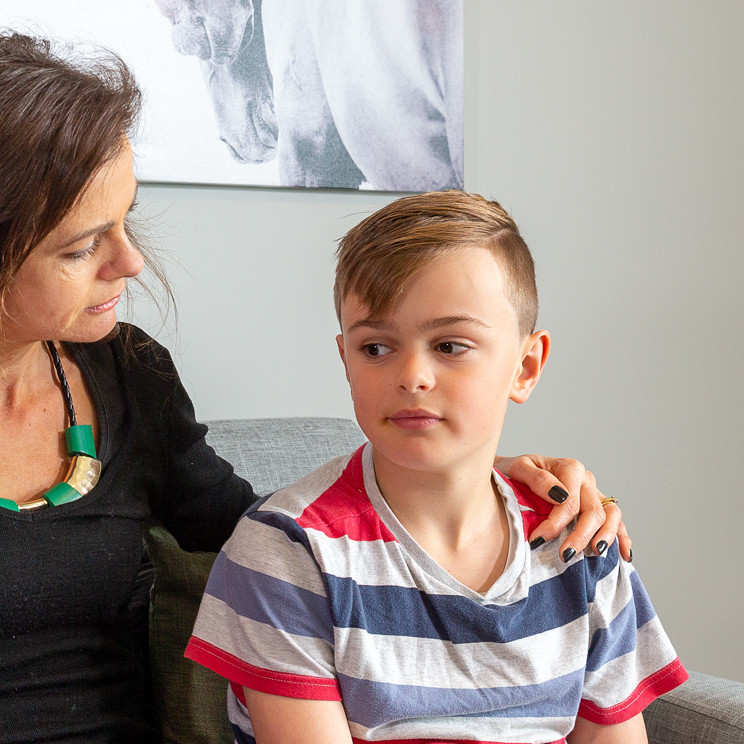
How much should I tell the children?
Children need to be given the information they can understand in ‘bite-sized’ pieces.
-
Tell them what has happened.
-
Explain what will happen next.
-
Leave them with thoughts and feelings of hope that even though you are upset now, there will be better times.
-
It is okay to use the word ‘cancer’. You could explain that while cancer is a serious illness, the doctors have a plan for the best way to treat it.
-
Timelines need to be linked to real life. For example, if you go into hospital for two days, say it will be like a weekend. If chemotherapy takes four hours to run, say it is as long as two movies.
-
Correct any wrong ideas they may have.
- Be as clear as you can about how your cancer will affect your family.
- Let them know feelings as well as facts.
What not to do
-
Don’t lie.
-
Don’t trouble them with frightening medical details, money worries (unless it will directly affect them), test results that are not in yet.
-
Don’t make promises you may not be able to keep. (Say “I think I will be able to or “I’ll try to...”).
-
Don’t be afraid to say, “I don’t know”, and find out later if you can.
-
Don’t push children to talk.
Some ways to say things:
- “I have an illness. It is called cancer. The doctor is giving me medicine to help me get well. Sometimes I will feel sick or tired, and sometimes I will feel fine. Dad/Grandma/Auntie will help me take care of you until I feel better.”
-
“Being ill makes me feel sad. You are a help, but it’s alright for you to feel sad (or angry or happy or whatever).”
-
“Something was growing in my body that wasn’t supposed to be there. It is called cancer. The doctors took it out in the operation I had. Now I will have treatment, so it doesn’t grow back. If you have any questions about cancer, you should ask me. Sometimes you hear frightening things about cancer. I will tell you what we know about my cancer.”
-
“The cancer is trying to grow again. That makes me angry and sad too. I have to take very strong medicine (or have another operation or radiation treatment) to try to get rid of it. Doctors know a lot about taking care of people when this happens. We are doing the best we can. We think it will work.”
-
“Having cancer in our family makes all of us think and feel lots of different things. I know there are times when my cancer makes us frustrated or sad, or worried. Remember that there are still lots of times when playing and having fun and going to school are important. I love to see you smiling and laughing, but if you find you are feeling angry or sad, come and find me and we can work it out together.”
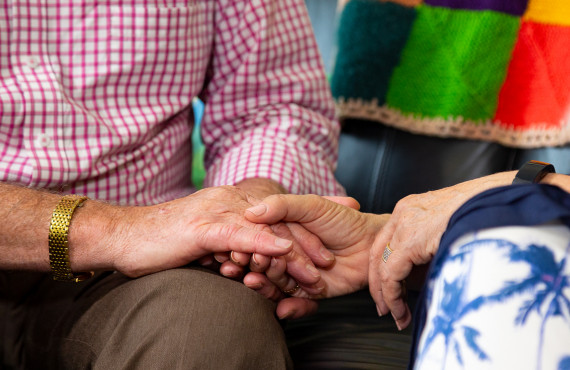
Are you supporting someone with cancer? Here are resources that can help you look after yourself and…
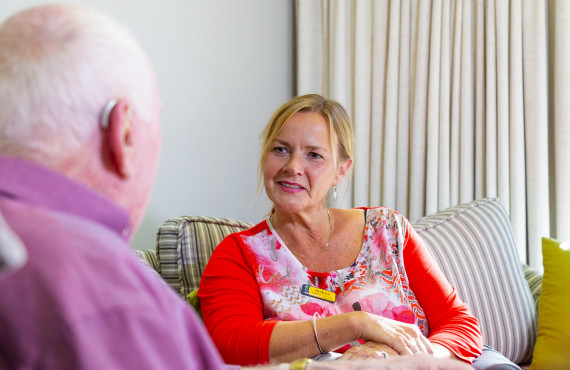
We have free counselling and psychological services for people with cancer and their family/whānau.
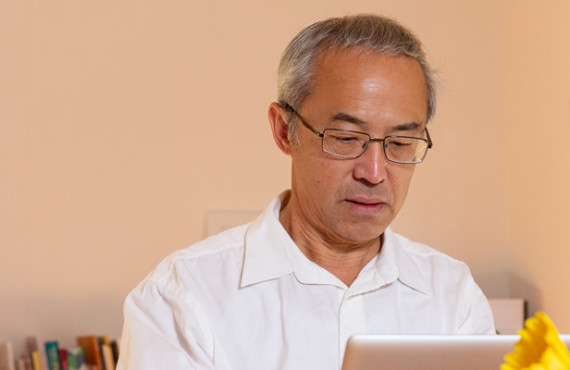
There may be support and benefits available to get you through your treatment.
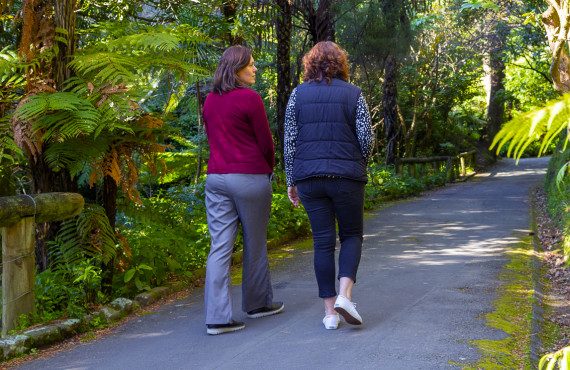
Grieving is the process of adjusting to your loss and learning to live with the changes it brings to…
We know that going through cancer is tough and can raise many questions. You are not alone.
We have health professionals to answer your questions and provide the support you need.
Get in touch
